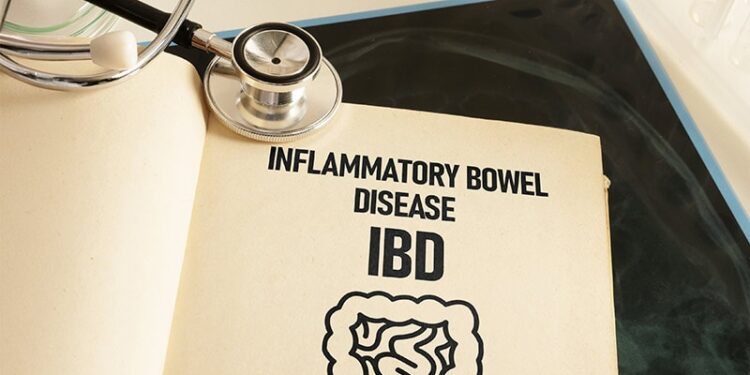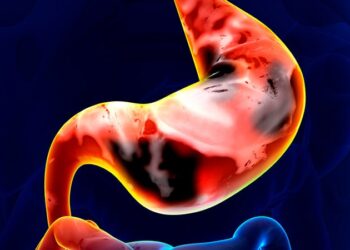TOPLINE:
A discrete choice experiment (DCE) revealed no meaningful difference in preference between dual biologic therapy (DBT) or monotherapy among patients with inflammatory bowel disease (IBD) who had failed or were taking advanced treatments, with patients willing to accept a 17.5% risk for serious infection for better remission prospects.
METHODOLOGY:
- Encouraging initial studies about DBT — the combined administration of biologics with different mechanisms of action — in refractory IBD prompted researchers to investigate patient preferences for DBT compared with monotherapy and/or corticosteroid therapy.
- Researchers conducted a DCE with 280 patients (mean age, 47 years) who had a physician-verified diagnosis of Crohn’s disease (CD; n = 143) or ulcerative colitis (UC; n = 137) and were either actively receiving or had failed advanced therapy — biologics or oral single molecule therapies with biologic-like effects.
- Two thirds of the respondents reported using monotherapy, and 10% were actively taking corticosteroids for IBD management.
- Researchers developed a DCE that measured preferences for treatment type, chance of remission and risk for serious infection to determine the willingness of patients with IBD to accept hypothetical benefit-risk trade-offs among dual biologic therapy, monotherapy, and corticosteroid treatment.
TAKEAWAY:
- No significant difference was found in preference for dual biologic therapy or monotherapy, but patients strongly preferred avoiding corticosteroids.
- Patients were willing to accept a 17.5% risk for serious infection to improve their chance of remission from 50% to 70%.
- For the same improvement, patients with CD who had not responded to advanced therapy showed a higher risk tolerance for dual biologic therapy (20.3%) than those with UC (15.3%).
IN PRACTICE:
“Results from the DBT DCE showed that DBT vs monotherapy was not influential in respondents’ decision making. Instead, respondents assigned most importance to efficacy, safety, and avoiding corticosteroid use. These findings suggest that DBT could be a treatment option that aligns with the preference of CD and UC patients who have failed existing treatment options and are still suffering from IBD,” the authors wrote.
SOURCE:
The study, led by Jui-Chen Yang, MEM, Duke Clinical Research Institute, Duke University School of Medicine, Durham, North Carolina, was published online in The American Journal of Gastroenterology.
LIMITATIONS:
Choices obtained via the survey questions may not have had the same consequences as real-world treatment decisions, raising concerns about whether respondents would make similar choices in a clinical setting. This study exclusively involved respondents recruited from an IBD disease registry that encompassed patients receiving treatment at academic and community real-world centers. Given the limited study scope, other risks associated with advanced therapies other than biologics were not investigated.
DISCLOSURES:
This study was supported by a research agreement between Duke University and Janssen Research & Development, LLC. Several authors reported being employees with or without stock options at Janssen or receiving salary support through the research agreement. One researcher reported financial and other relationships with several pharmaceutical companies, and another reported research funding and external relationships with https://scholars.duke.edu/.
This article was created using several editorial tools, including AI, as part of the process. Human editors reviewed this content before publication.
Source link : https://www.medscape.com/viewarticle/difficult-treat-ibd-patients-prefer-dual-biologic-therapy-2025a100060x?src=rss
Author :
Publish date : 2025-03-12 12:12:00
Copyright for syndicated content belongs to the linked Source.














